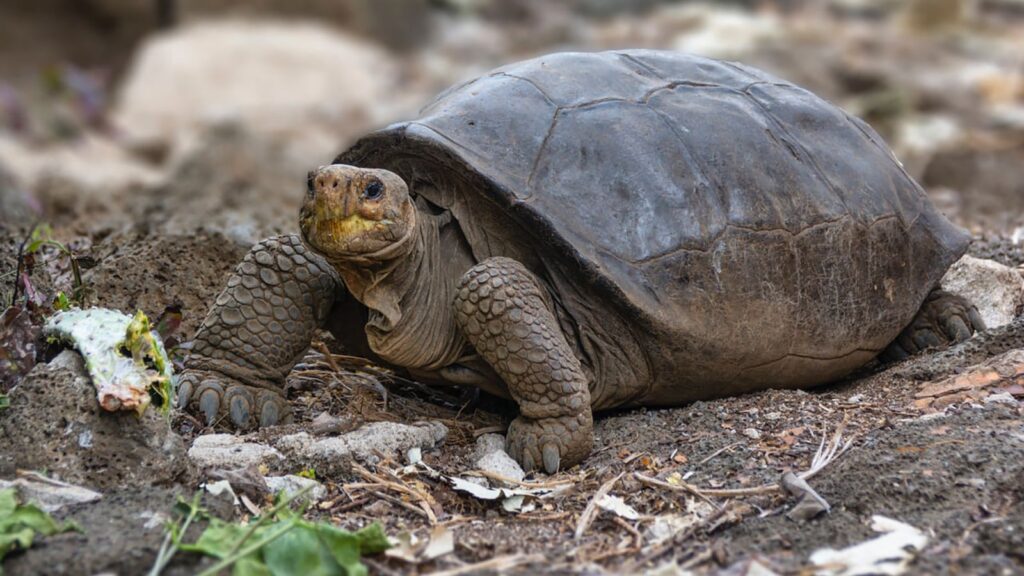
1. Ecuador Brokers Record ‘Debt-for-Nature’ Swap With Galapagos Bond
Ecuador sealed the world’s largest “debt-for-nature” swap on record, selling a new “blue bond” that will funnel at least $12 million a year into conservation of the Galapagos Islands, one of the world’s most precious ecosystems. Debt-for-nature swaps have proved successful in Belize, Barbados and the Seychelles in recent years, but Ecuador’s deal is by far the largest to date, cutting the country’s debt by over $1 billion once the $450 million of total conservation spending is taken into account.
The driver has been the remote Galapagos Islands, some 600 miles (970 km) off Ecuador’s mainland coast, that inspired Charles Darwin’s Theory of Evolution.
While Quito will pocket more than $1 billion worth of savings from the buyback for other purposes, the key appeal has been the environmental benefits and the hope it will be a catalyst for other highly indebted but nature-rich countries.
Thank you for your generous gift that will help us continue the production of this weekly, free publication
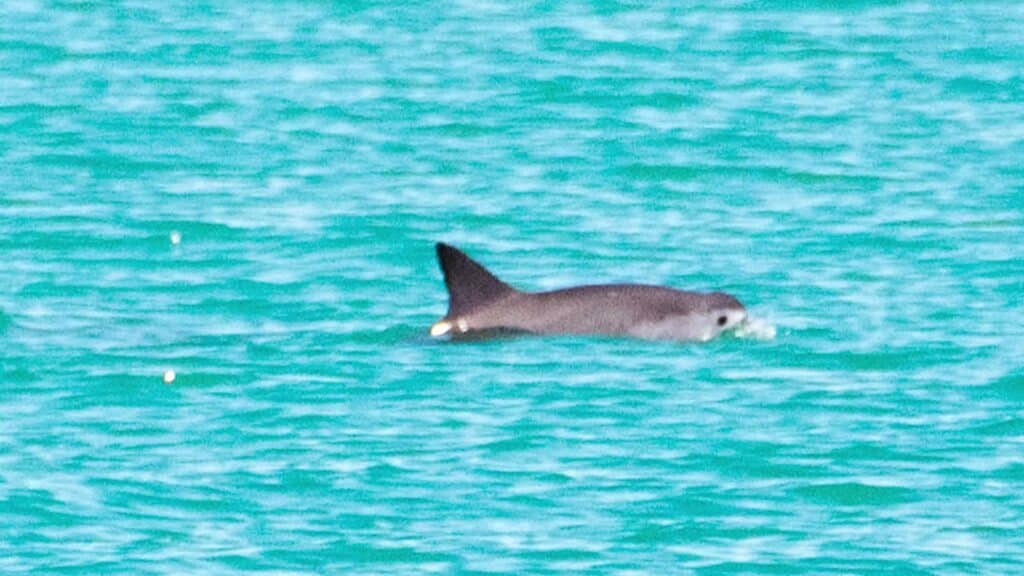
2. Mexico Sets out Search to Find Vaquita Marina, the World’s Most Endangered Marine Mammal
Mexican officials and the conservation group Sea Shepherd said that experts will set out in two ships in a bid to locate the few remaining vaquita marina, the world’s most endangered marine mammal. The trip will run from May 10 to May 27 in the Gulf of California, also known as the Sea of Cortez, the only place the vaquita lives.
Illegal gillnet fishing traps and kills the vaquita. Fishermen set the nets to catch totoaba, a fish whose swim bladder is considered a delicacy in China and can fetch thousands of dollars per pound (kilogram).
The government’s protection efforts have been uneven, at best, and also often face violent opposition from local fishermen.President Andrés Manuel López Obrador’s administration has largely declined to spend money to compensate fishermen for staying out of the vaquita refuge and stop using gillnets.
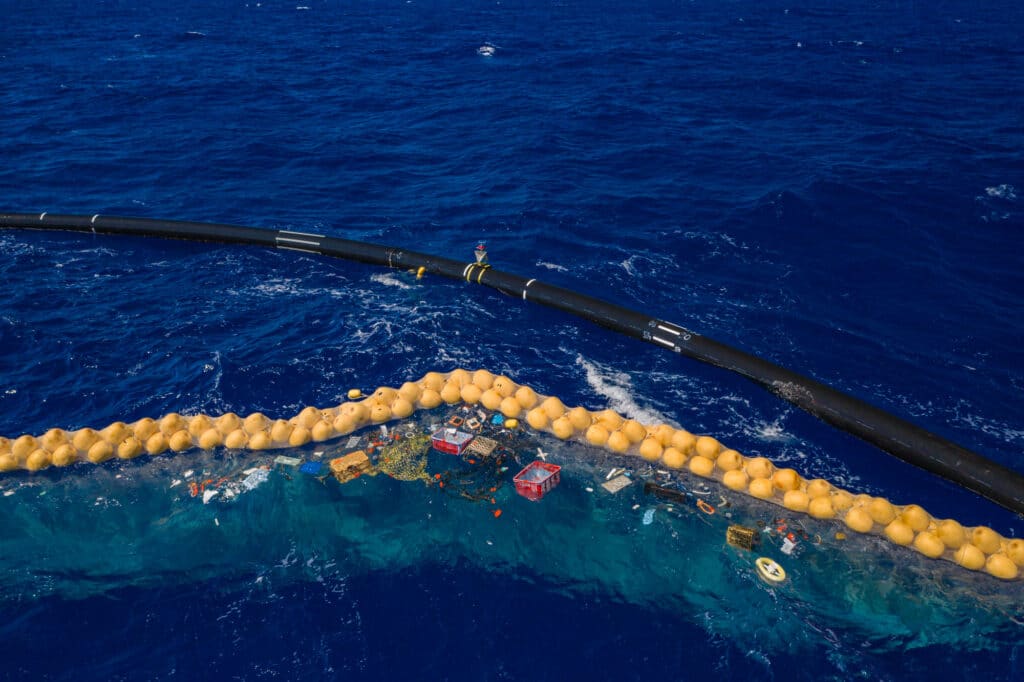
3. Why “the Ocean Cleanup” Might Not Be a Good Thing
The Ocean Cleanup’s (TOC) aim is to remove plastic from the ocean surface by collecting it with large nets. However, this approach results in the collection of surface marine life (neuston) as by-catch.
New research by Dr Rebecca Helm and others at Georgetown University shows that the impact of ocean surface plastic removal largely depends on neuston life histories (which are unknown), and range from potentially mild to severe.The same ocean currents that concentrate plastic waste at oceanic gyres may be vital to the life cycles of floating marine organisms, by bringing them together to feed and mate. However, human activities could negatively impact these high sea meeting grounds and the wildlife that depends on them.
Dr Helm adds, “The ‘garbage patch’ is more than just a garbage patch. It is an ecosystem, not because of the plastic, but in spite of it.”

4. McDonald’s at Centre of Lobbying Blitz Against EU Packaging Waste Laws
McDonald’s is at the forefront of a campaign against new laws to reduce packaging waste in the EU, in what has been described by some insiders as the largest-scale lobbying effort they have ever witnessed in the European Parliament. The fast food chain, alongside a number of packaging producers and trade associations, wrote to European policymakers, demanding a pause to the legislation, which would champion reusable packaging in the EU.
The call follows mounting pressure from industry over the last year. Since June 2022, McDonald’s and other vested industry groups have funded multiple studies, websites, and sponsored articles attacking the legislation on the grounds it would undermine Europe’s net zero ambitions.
The new EU packaging law, which was published in November, aims to tackle growth in packaging waste and single-use plastic, which is expected to double in Europe by 2040.
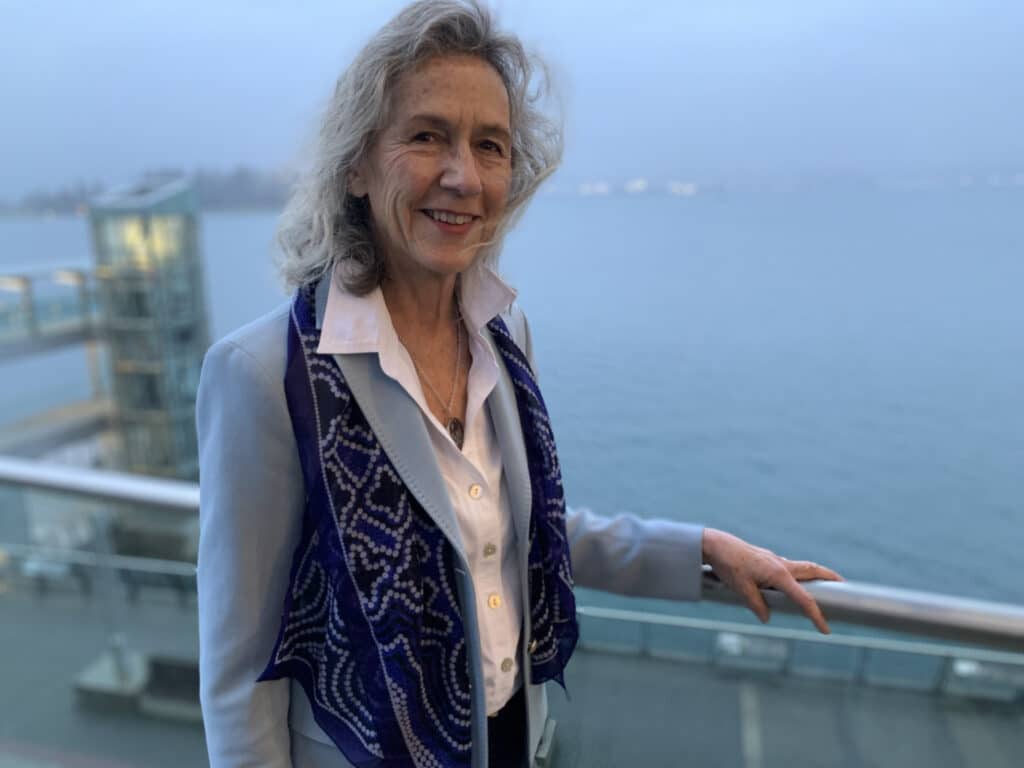
5. Alaskans Poaching Canadian Salmon Top Concern for Federal Fisheries Minister
American fishing boats catching threatened Canadian salmon was flagged as a top concern for federal Fisheries Minister Joyce Murray before meeting with the U.S. ambassador to Canada in March.
Over the past decade commercial fisheries in southeast Alaska have intercepted high numbers of Canadian salmon, particularly threatened sockeye stocks from various rivers in B.C. The long-term rebuilding of threatened Pacific salmon stocks is a key objective for Canada, which is concerned about the potential impact a number of Alaskan fisheries are having on those stocks.
Murray was advised to stress Canada is taking steps to address these concerns at bilateral forums with the U.S., including the Pacific Salmon Commission — a joint forum for the two countries to manage transboundary stocks in accordance with the Pacific Salmon Treaty.
Commission decisions around transboundary salmon stocks covered under the treaty are expected to be consensus-based.
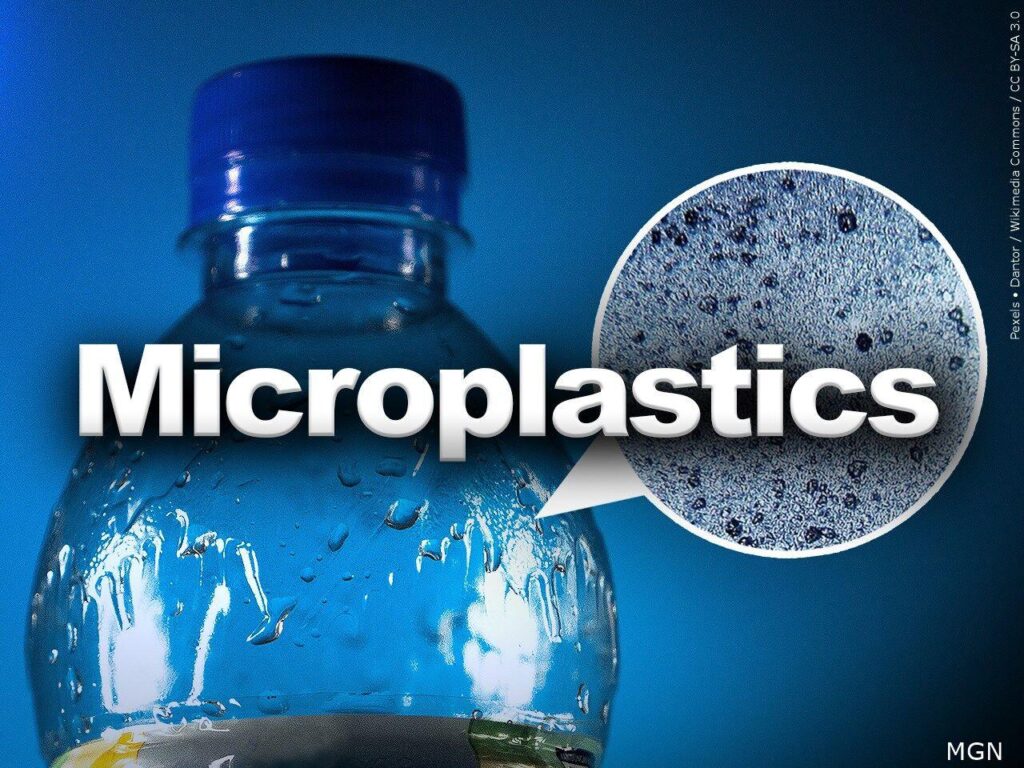
6. AG Kaul Joins Coalition to Call on EPA to Protect Public From Plastic Microfiber Pollution
Wisconsin Attorney General Josh Kaul joined a coalition of 16 states to urge the Environmental Protection Agency EPA to protect the public from microplastic pollution. The Wisconsin Department of Justice states 640,000 to 1.5 million microplastic fibers are shed every time a piece of clothing with synthetic material is washed. An estimated 878 tons of microfibers enter the aquatic environment annually from U.S. and Canadian pollution. This is especially problematic as consuming microfibers can cause cancer, reproductive problems, asthma, obesity and autism. Kaul also mentions microfibers’ environmental impact, such as on fish and shellfish many people eat.
Kaul is urging the EPA — and the NOAA — to protect public health. One way Kaul says the EPA and NOAA can do this is by using their authority under the Clean Water Act to regulate microfiber pollution and direct funding and research toward solutions.
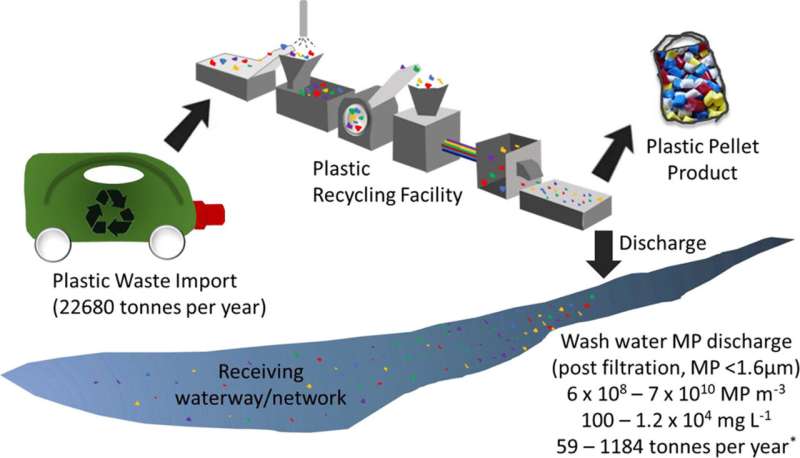
7. Recycling Plastics Might Be Making Things Worse
Plastic recycling efforts have been a resounding failure. Research has shown that only 9% of plastic worldwide is recycled. It now appears that the recycling process itself might be making things worse.
Environmental engineers in Scotland and Canada found that techniques for recycling plastics inadvertently lead to increased environmental microplastics. In their study, reported in the Journal of Hazardous Materials Advances, the group tested water used to clean plastic at a recycling plant.
For plastic to be recycled, it must first be cleaned. This is done by washing it in water several times then shredding and melting to create pellets. In this new effort, the group found that the plastic was being washed four times. Each water source was tested to find out how much plastic (in the form of micron-sized particles) remained in the water. The research team found microplastics in all four sources.
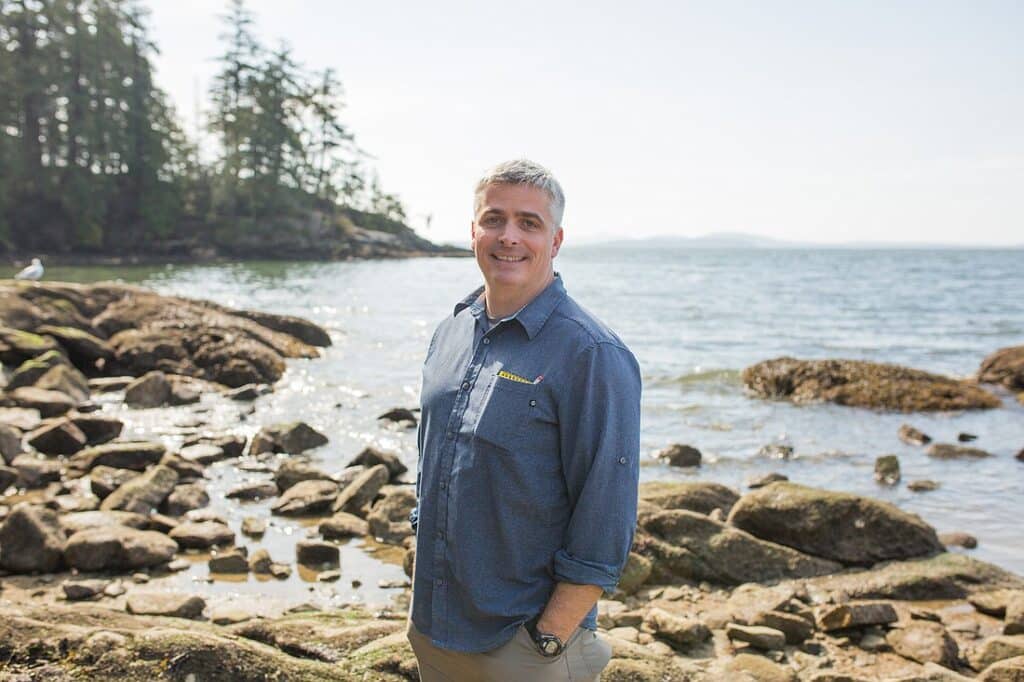
8. Pew Fellowship in Marine Conservation Awarded to Marine Scientist for Work on Indigenous Clam Gardens
Marco Hatch, a professor at Western Washington University and a member of the Samish Indian Nation, has been awarded the Pew Fellowship in Marine Conservation for his work on clam gardens and their significance in Indigenous communities. Hatch has dedicated over 20 years to the study of clam gardens, which are short rock walls built by Indigenous people along the Pacific Northwest and Canada.
The high tide deposits sediment, creating an ideal habitat for clams and other marine species. Hatch has helped revive sea gardens in these regions with the Clam Garden Network, a collective of Indigenous people, ecologists, and social scientists. The $150,000 fellowship will allow Hatch to continue his research and work with other marine conservationists from around the world to improve waterways.
Now, Hatch’s research examines the cultural pathways and reconnection of ancestral rites to the Indigenous people of the region.
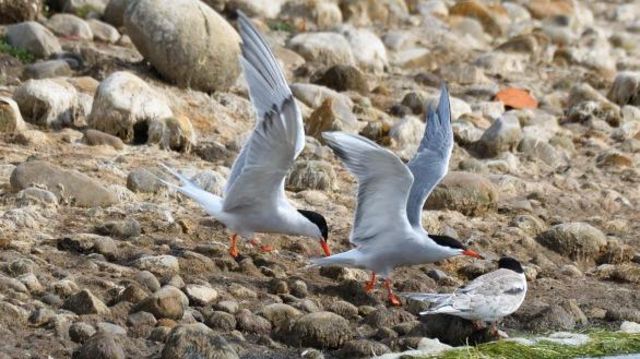
9. New Platform to Help Boost Threatened Seabird Colony in UK Estuary
A new breeding platform has been installed at Conder Pool Nature Reserve in Lancashire, England, to support the recovery of the threatened colony of common terns in Lancashire’s Lune estuary. Constructed using upcycled and salvaged marine pontoons, floats, and timbers, the platform was assembled by Royal Society for the Protection of Birds (RSPB) staff and volunteers for the 2023 breeding season.
The once-thriving colony of several hundred pairs of common terns on the estuary’s saltmarshes collapsed in 2008 due to recreational disturbance, fox predation, and habitat erosion. Today, Conder Pool hosts a small population of nesting common terns, and it is hoped that the platform will contribute to the population’s recovery.
“This new platform will provide a safe, secure nesting area for the species and we hope that the population in the Lune estuary can now start to recover,” RSPB conservation officer Calum Booth said.
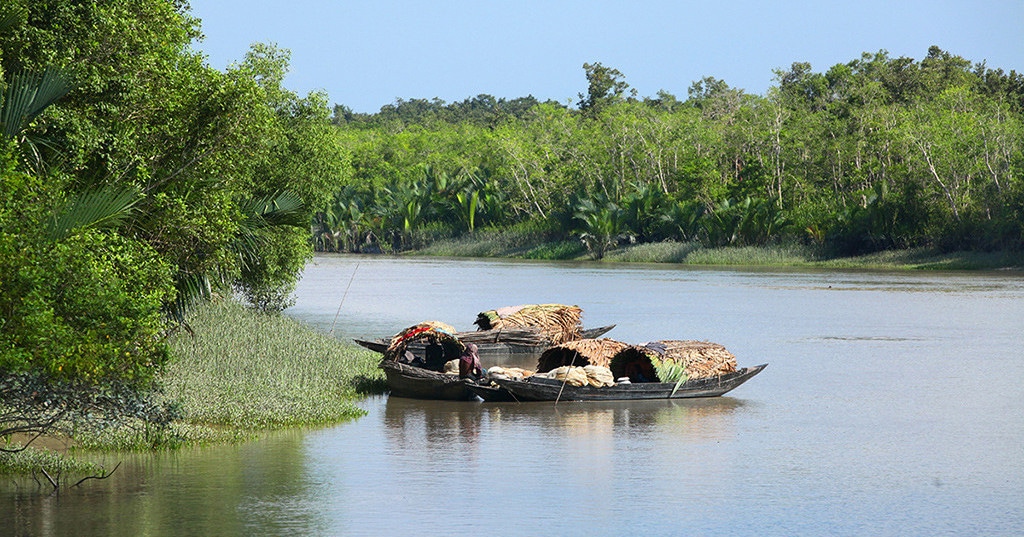
10. Plastic Pollution Leads to Temporary Tourist Trawler Ban in Bangladesh’s Sundarbans
Tourist trawlers have been temporarily banned in the Kalagachhi and Dobeki tourist centers of the Satkhira range of the Sundarbans in Bangladesh due to widespread use of plastic materials. On May 6, the Forest Department halted the movement of trawlers to address the issue of environmental degradation caused by excessive plastic waste generated by tourists.
The Munshiganj and Burigoalini forest patrol outposts have stopped issuing permits to trawlers, and officials have scheduled a meeting with trawler owners to discuss the issue further. Iqbal Chowdhury, assistant forest conservator of the Satkhira range of the Sundarbans, reported that plastic waste was observed in the Kalagachhi tourist center and floating in the rivers.
Once trawler operators can take responsibility to mitigate environmental pollution, they will be allowed to resume operations, according to Chowdhury. The ban serves as a temporary measure to address plastic pollution in the local environment.
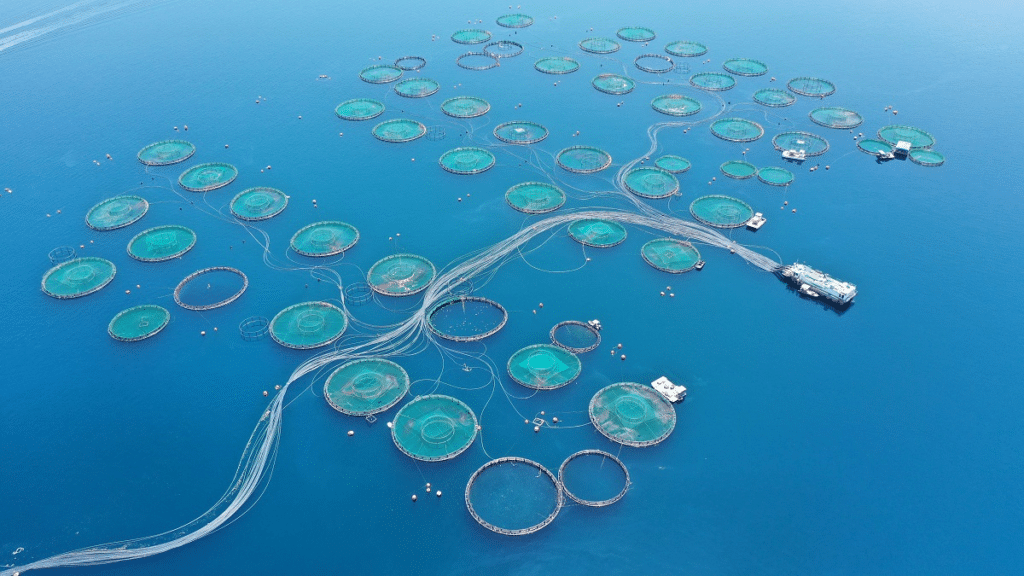
11. UN Calls for Global Action on a Blue Deal to Protect Oceans and Marine Life
The United Nations is urging action to safeguard oceans and marine life through a global “Blue Deal” to combat climate change, overfishing, and pollution, according to a UN Conference on Trade and Development report.
The report assesses the impact of human activities and global crises on sectors such as seafood, fishing, shipping, and coastal tourism on the ocean economy. It identifies seaweed farming and plastic substitutes as promising sectors for sustainable development, and calls for increased investment in developing nations to advance their technologies and production.
The report also urges governments to adopt and ratify the World Trade Organization’s agreement on fisheries subsidies and the Marine Biodiversity Beyond National Jurisdiction deal to protect stocks and biodiversity. Investment in four sustainable ocean solutions, including restoration and conservation of mangroves and offshore wind production, is estimated to result in a net benefit of about $15.5 trillion by 2050.
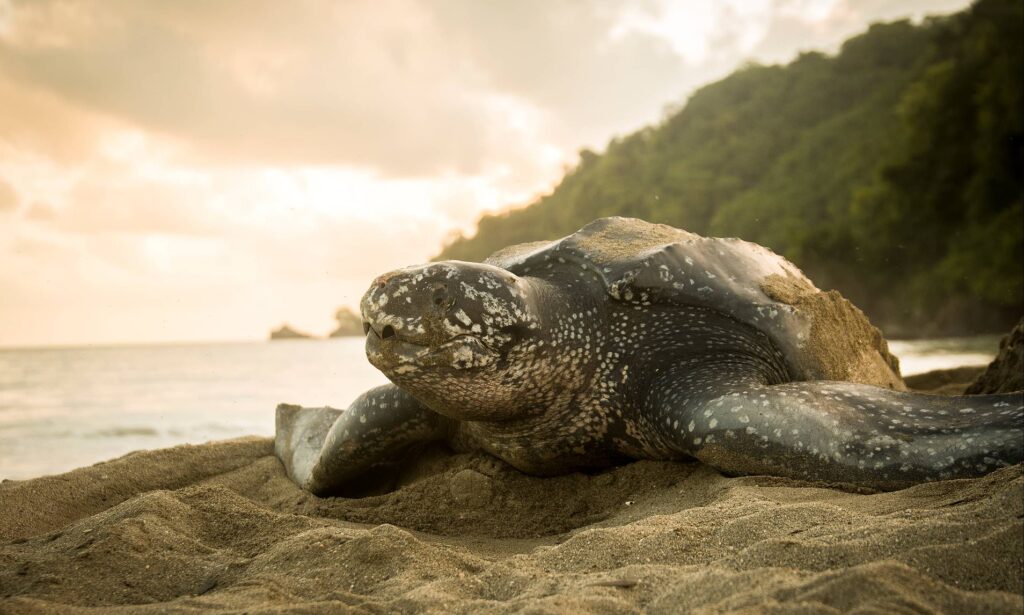
12. U.S. Agency Agrees to Study Potential Threat of Dredging to Sea Turtles in Georgia Shipping Channel
The U.S. Army Corps of Engineers has agreed to conduct an extensive environmental review of the potential impact of dredging a shipping channel in Georgia on rare sea turtles nesting on nearby beaches. Georgia conservation group One Hundred Miles filed a lawsuit in December 2022 asking a U.S. District Court judge to order the Corps to produce a report, which was dropped after the agency agreed to conduct the study.
Environmentalists and the Army Corps have been at odds since 2021 over the agency’s plan to end a policy that prohibits the dredging of accumulated sand and mud from local harbors during the nesting season for sea turtles. The Corps argued that seasonal dredging limits are no longer necessary, but One Hundred Miles believes that the science supports that spring and summer dredging would harm Georgia’s sea turtles and decades of conservation progress.
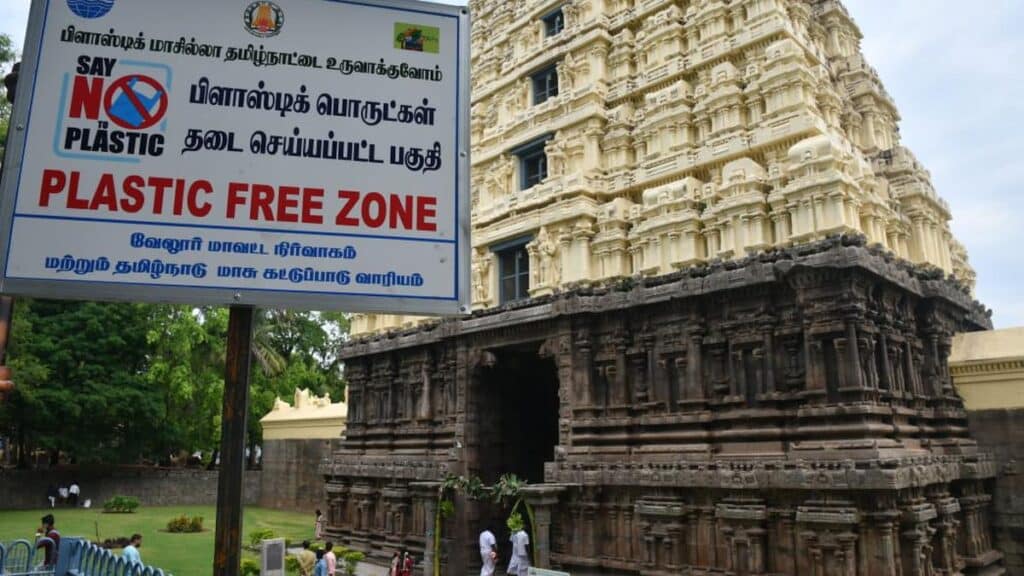
13. Vellore Fort Declared a Plastic-free Zone
The Tamil Nadu Pollution Control Board (TNPCB) has declared the Vellore fort to become a plastic-free zone to prevent use of banned plastic items. The only plastic visitors are allowed to carry are recyclable water bottles. The fort complex covers 137 acres, at has at least 58 colonial buildings, including the mahals of Mysore warriors. On average, the fort has 3,000 visitors daily. The fort has seen an increase in visitors due to the efforts done by the Smart Cities Mission Project where the civic body has installed more than 1,000 ornamental lamps at 97 spots around the fort. However being a popular tourist destination, over 10kg of plastic waste, mainly plastic bags, are collected in the complex. With the strict enforcement, officials from TNPCB and the Archaeological Survey of India (ASI) have started to check visitors belongings inside the fort to ensure they are following the proper protocol.
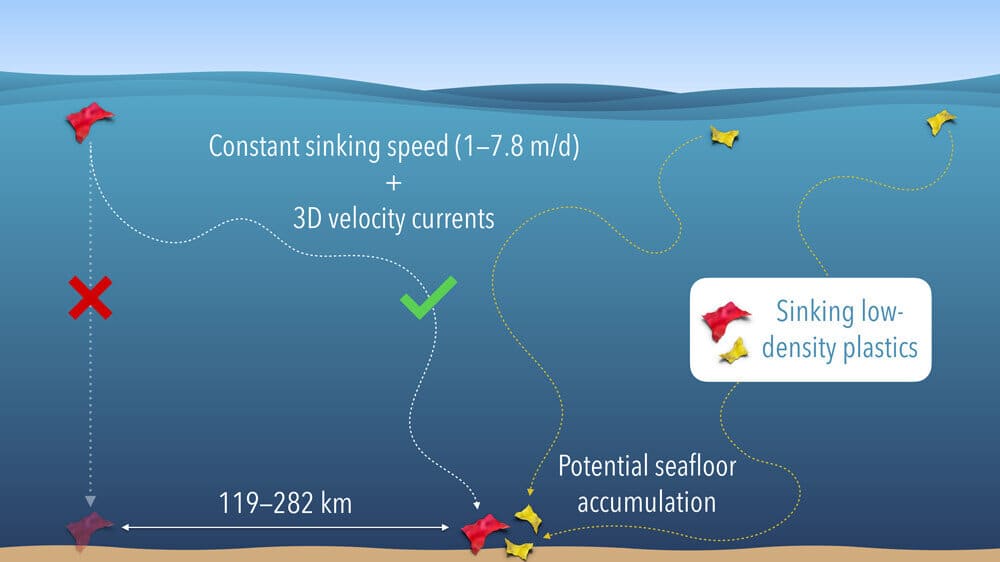
14. Plastic Can Drift Far Away From Its Starting Point as it Sinks Into the Sea
A new study done by ACS’ Environmental Science and Technology suggests that plastic particles can drift father underwater than previously thought. Even waste lighter than water can sink as algae and other organisms grow on it.
Research showed not only plastic particles half a mile below surface, but also drifting farther than just falling straight down. Tests were down to support this theory by using an advanced computer model to track nearly a simulated 7.7 billion pieces of plastic across the sea, and where they drifted to. Their results showed that the slower the piece sank, the farther the currents carried them from their point of origin.
Furthermore, it suggested due to currents, about 20% of pollution near coasts originated from nearby countries. The research concluded that plastic has a greater potential to harm and interact with marine life due to these findings.
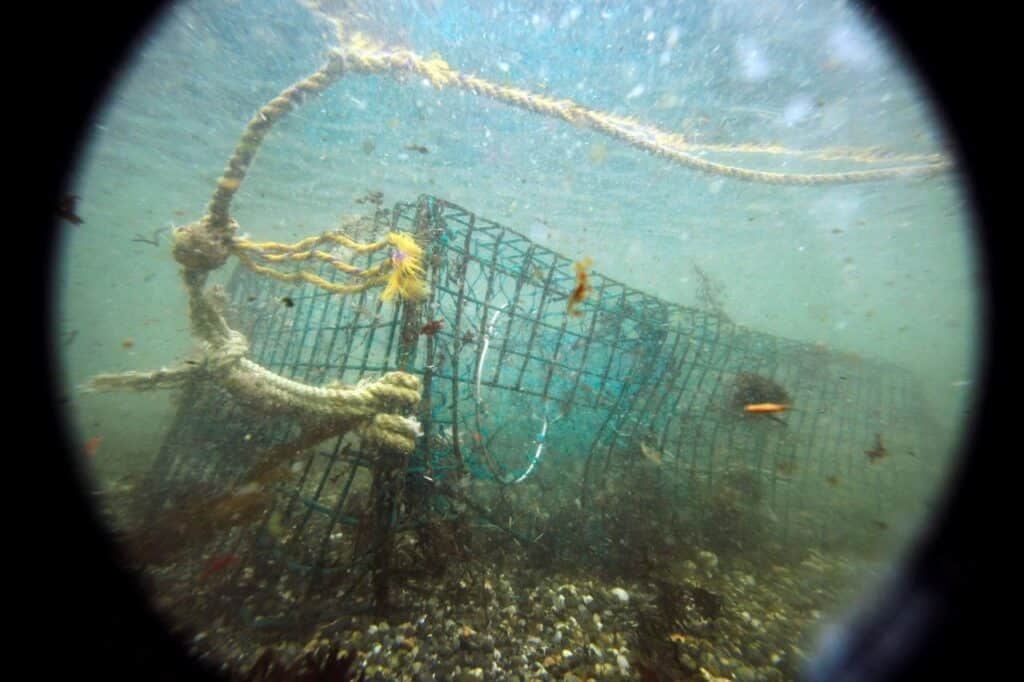
15. Nova Scotia Study Shows that Lost Fishing Gear Harms Marine Life
Researchers from Dalhousie University in Halifax have found that lost and discarded fishing gear is harming marine life in the waters off the coast of Nova Scotia.
The study found that abandoned fishing gear such as traps, nets, and ropes have entangled and killed a range of marine animals, including lobsters, crabs, and fish. The researchers estimated that the amount of gear lost in the region each year is equivalent to the weight of over 600 cars. The study highlights the need for stricter regulations around fishing gear and more effective ways to retrieve and dispose of lost gear.
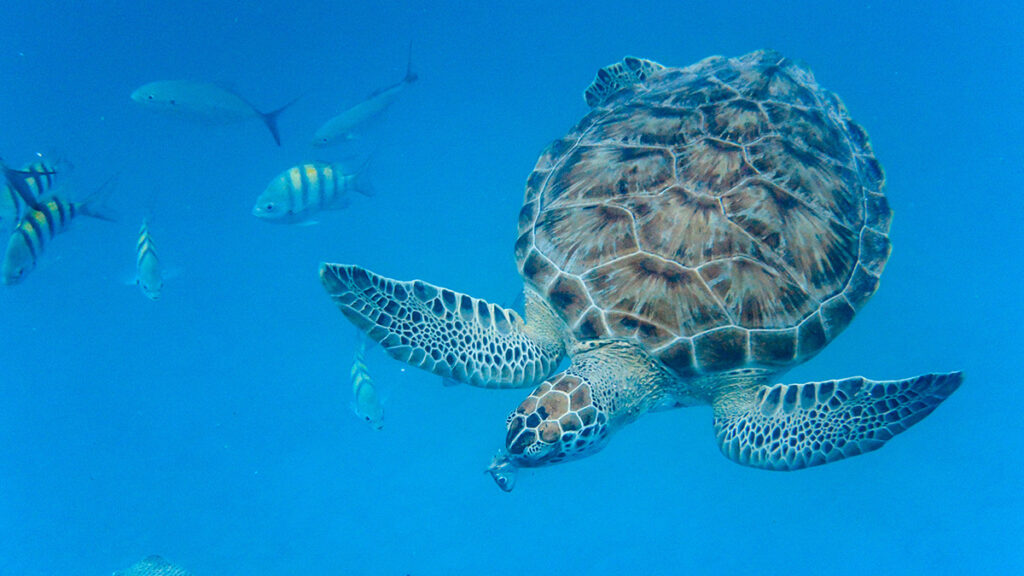
16. Indian Prime Minister, “Ocean Under Unprecedented Stress”
Indian Prime Minister Narendra Modi has highlighted the need to protect the world’s oceans, describing them as “under unprecedented stress”.
Speaking on World Migratory Bird Day, Modi emphasized the importance of marine conservation and the need to reduce plastic pollution in the oceans. He also spoke about the impact of climate change on the oceans and called for a global effort to address this issue. Modi’s remarks come ahead of World Oceans Day on June 8th, which aims to raise awareness about the importance of the oceans and the need to protect them for future generations.
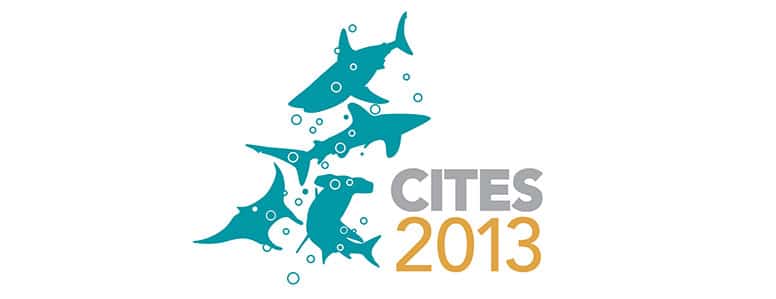
17. CITES and FAO Convened Fisheries Regional Training Workshop
A workshop aiming to elevate awareness and understanding regarding CITES, fisheries, and legal acquisition findings. The dates were May 8 – 11.
Pursuant to Resolution Conf. 18.7 (Rev CoP19) on Legal acquisition findings, Decision 19.130 on Legal acquisition findings, and Decision 19.223 on Sharks and rays (Elasmobranchii spp.), adopted at 19th meeting of the Conference of the Parties (CoP19, Panama City, 2022) and recognizing the importance of effectively regulating international trade in commercially exploited aquatic species, notably species of sharks and rays, the CITES Secretariat continues to strengthen its partnership with FAO to assist Parties and FAO Members in supporting and enhancing the implementation of CITES through national legislation, with a focus on the fisheries sector and in the making of legal acquisition findings.




